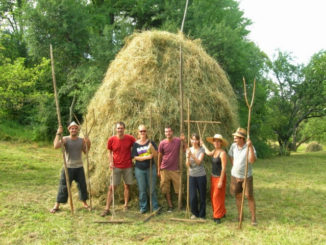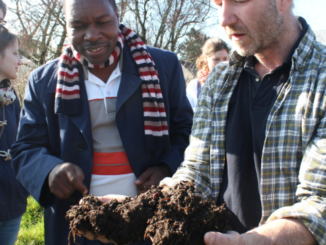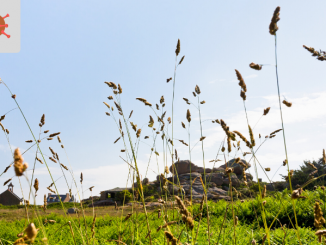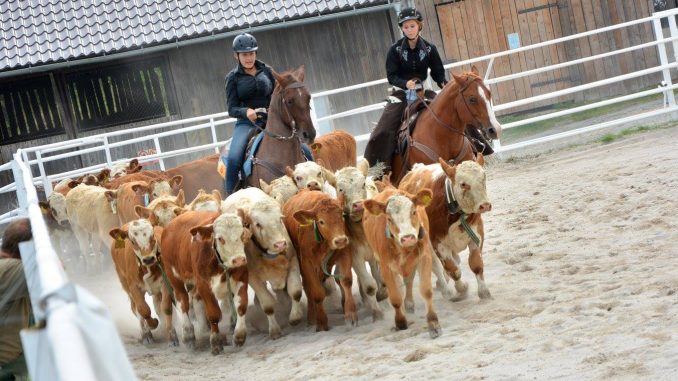
Meet Czech farmer Terezie Daňková, who raises cattle and sheep on a 450 ha. ranch on mostly rented land in Southern Bohemia, with the help of her cowgirl daughter Barbora (20), her son Vojtěch (13), and a stable of horses. Barbora recently returned home from a year away in London working as an au pair. By the time Terezie was Barbora’s age, she had left the farm to live in Prague. Louise Kelleher speaks to two generations of women farmers about the realities of rural life, the pull of the city, and what brings them back to the farm.
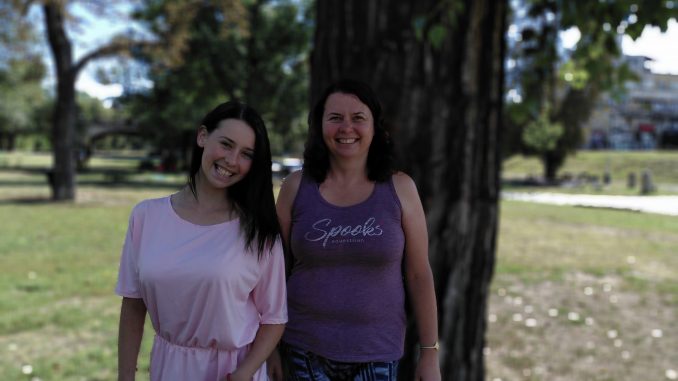
Terezie, can you tell me how you got into farming?
Terezie: I’m from a farming family. Both of my grandparents had a very small farm in the past and both of them were taken from the farm during Communist times. After the Velvet Revolution my father started to farm again in a different place. If you grow up on a farm there are two possibilities for how you run your life after: either you try to farm and work very hard; or you have nothing to do with the farm. I decided to be a farmer later. I do a lot of social events on our farm like rodeos and celebrating the first turning out to the spring pasture, so I hope that my children will stay connected with our farm after my time.
So you do social events to keep the next generation interested and connected?
Terezie: That’s one of the reasons. But the most important reason is that for me it’s a reason to be there, it’s the most pleasurable time to be at my farm. I do this especially for myself. Don’t tell anyone! [laughs]
Barbora: Why? That’s exactly my problem. Why can’t we say out loud that we are doing it for ourselves? I don’t think it’s right that our society pushes us to say we are doing things for other people. We are here and we should be enjoying our lives.
Terezie: My – and my father’s – motto is that the village is a place for living. Sometimes it’s hard, but I am really living my dream.
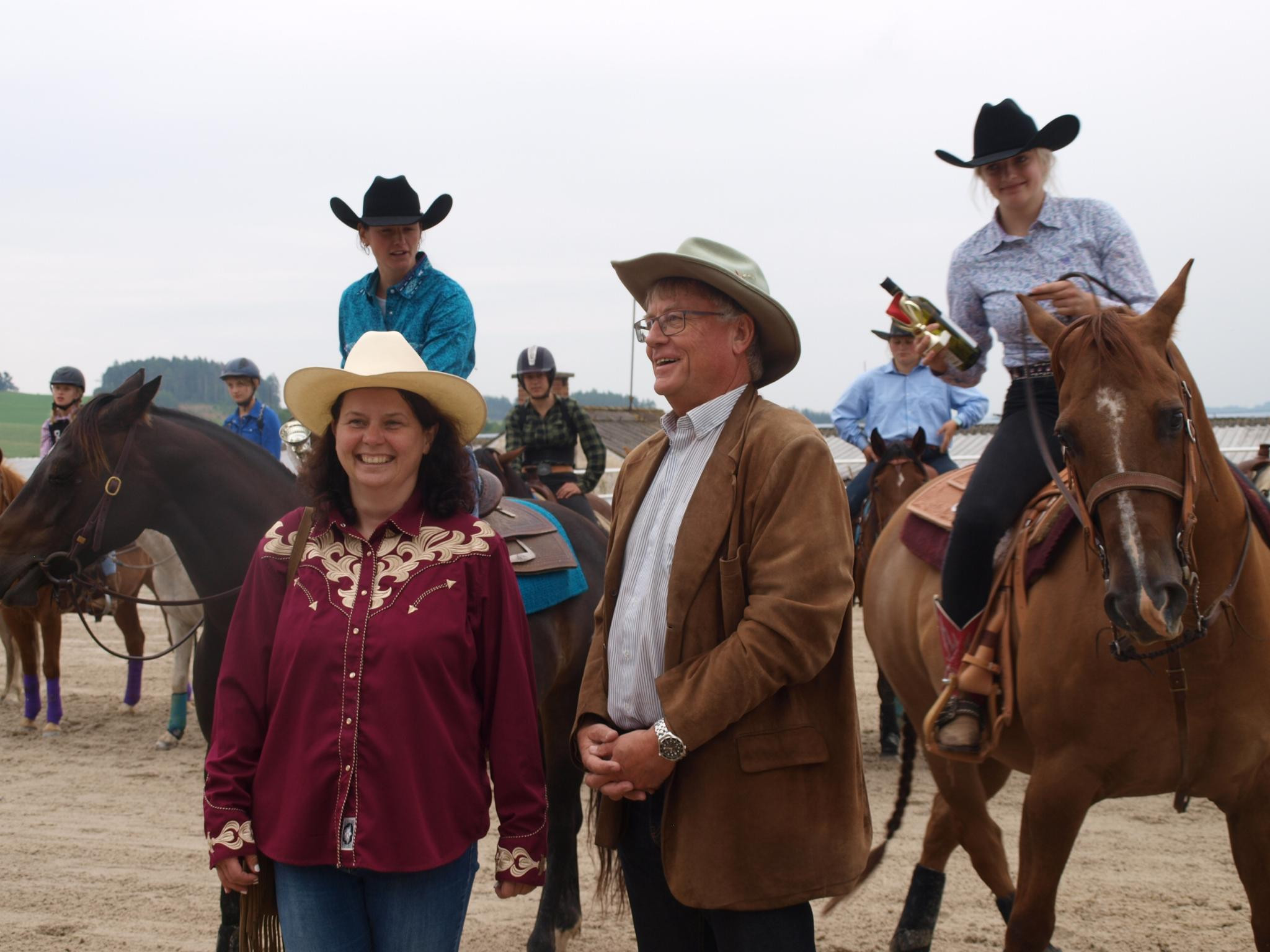
Barbora, do you plan to stay and work on the farm?
Barbora: I don’t wanna answer this question. I’m 20. I grew up on the farm and I love it there. But my problem right now is there’s no-one to have fun with. It’s so lonely there when you are 20. So I spend a lot of my time in towns and cities where I have friends and where I can go to the cinema or the swimming pool and be with people. But at the same time I really love that I have a place to go and just have my quiet and calm time.
Terezie: My father started to run this farm when I was 19 and just finished agricultural college. And because I didn’t have experience our older employees could do most things better than me. My father said to me, anyone would be better than me at helping cows to calve! So go wherever, try whatever, and decide what you want to do with your life. I spent 10 years in Prague working as an assistant to the chairman of the Foreign Committee in the Czech parliament, so I saw the whole of Europe and spoke with important people and enjoyed Prague, enjoyed evenings at concerts and so on. And when Bára was 4 I decided to move to the farm. If I hadn’t had those 10 years, I would never have stayed on the farm.
If my father had told me to stay at 19 I think at 25 I would have left and never come back! [laughs]
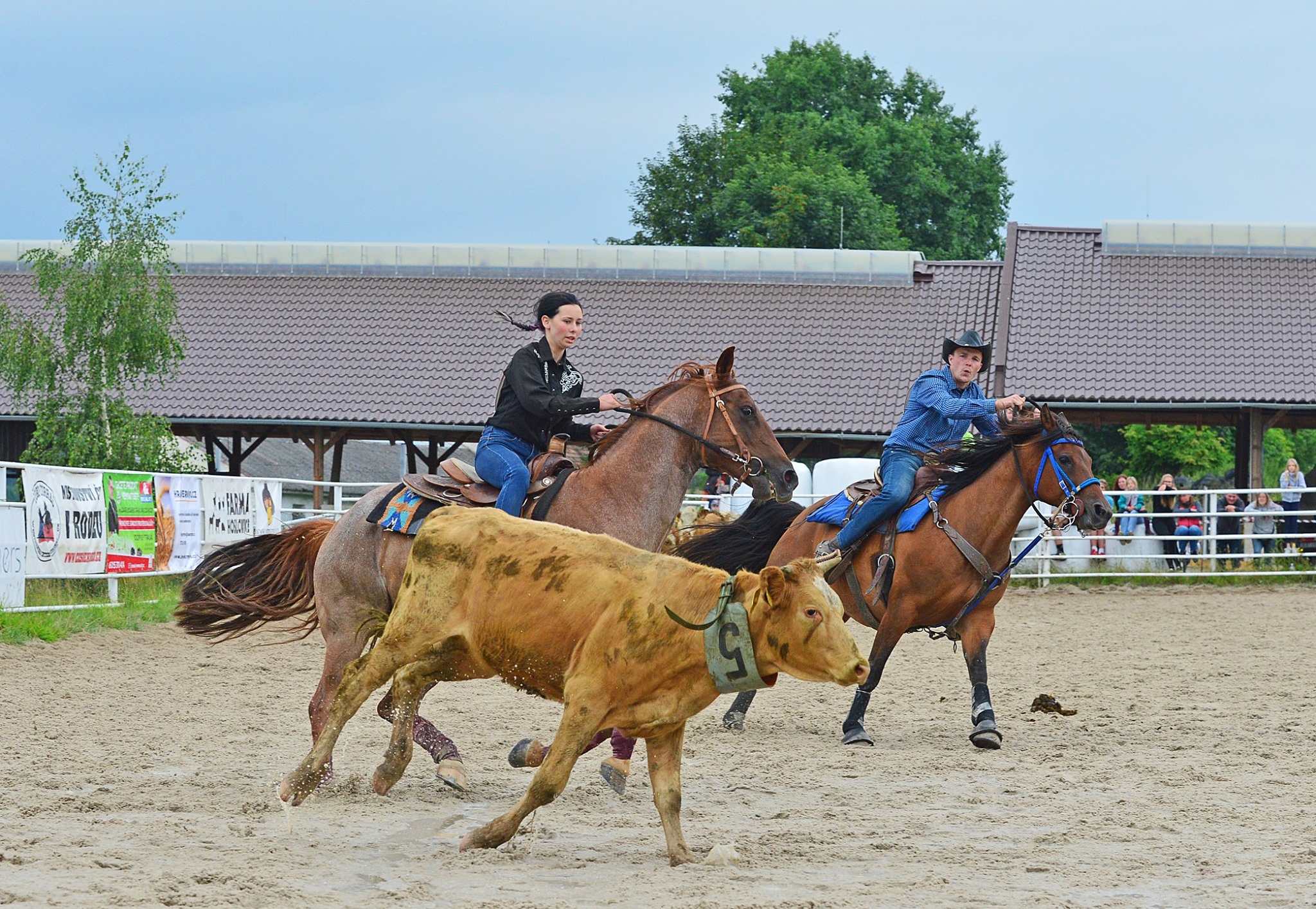
So you went back to the farm when you were ready. And you had a four year old at that time.
Terezie: Yes. And now I’ve been alone for ten years without a husband on the farm. And maybe I have the capacity to live like that but I don’t want that for my children. So it’s important who will live with my children, for if they decide to stay on the farm or not.
Barbora: I actually have to agree with you on this. It would be different if I was a man but I’m a girl and I don’t think that I am – I don’t want to say strong enough… I would be able to live without a man on the farm, but I don’t want to. When I think about boys and “boyfriend material”, of course I factor in if I could live on the farm with him. But I don’t want it to be criteria no. 1.
Terezie: The most difficult question of my work now is buying land and loans. I am 45, so I am thinking ahead to 65. I want to have some money for my life — not just paying off loans for my children, because I don’t know if my children will want the farm. We have quite a big family and I hope the farm will belong to my family. But I don’t want to have money only for my loans. I want to keep farm for my family, but also have some money and time for myself.
Barbora: I don’t want that either because then she would want me to stay on the farm. And I don’t want her to want me on the farm. That’s the way to hell.
Terezie: And I don’t want to tell my children, “I sacrificed my life to have this farm and you want to be a singer at the New York opera and I say no.” I want to enjoy these years, with my children, not work so much that I don’t have time to enjoy them, not pay off so much of my loans that I don’t have money to spend on our free time. I want to tell them: “If you want this farm, there it is, and if you don’t, I will give it to my nephew or niece if they want it.”
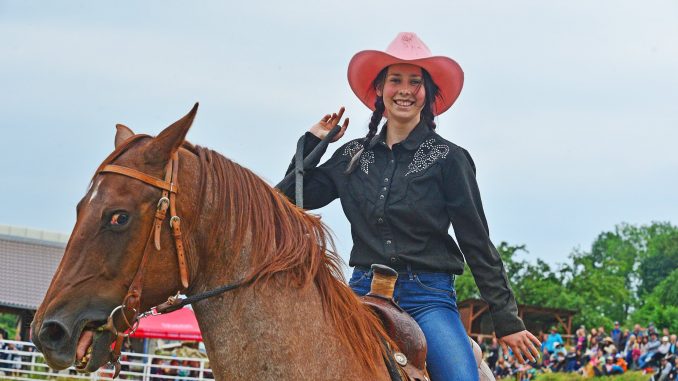
Barbora, what would you change about farming?
Barbora: There’s a real problem with the law. If you have for example an IT firm and the law changes every two years, you just move offices or change the computers or whatever. But in farming, nature doesn’t live as fast as we are used to now. People forget that we need nature.
It goes hand in hand with the supermarkets and all these things. I don’t like that people in this society, especially environmentalists, say that we have to live more with nature, but how many of them actually know anything about nature and living in it? How many of them actually know how food gets into supermarkets?
We have about 200 cows out on the land in small groups. My friend and I wrangle the cows. Because I have a horse we use less CO2. And it’s the more natural way for the cows to live. For five years now I’ve been helping to do things in the most natural way and look after calf welfare. And these people who are sitting in a flat in Prague and eating peas and buying everything in the supermarket are saying that I am the bad one because I drive a car.
In conversation with Louise Kelleher.
This interview has been condensed and edited for clarity.
Coming up in part 2: Terezie Daňková tells us why introducing agroforestry on a Czech farm is a Kafkaesque undertaking.
More on the Czech Republic
Czech Republic | “No Forests, No Water, No Future” – Part I: Bugs in the Ecosystem
Czech Republic | “No Forests, No Water, No Future” – Part II: Moving On from Monocultures
Trouble With The Neighbours: Living Next Door to an Agri-Giant
Bad Czechs and Balances: Commission Audit Confirms Czech PM in Conflict of Interest



